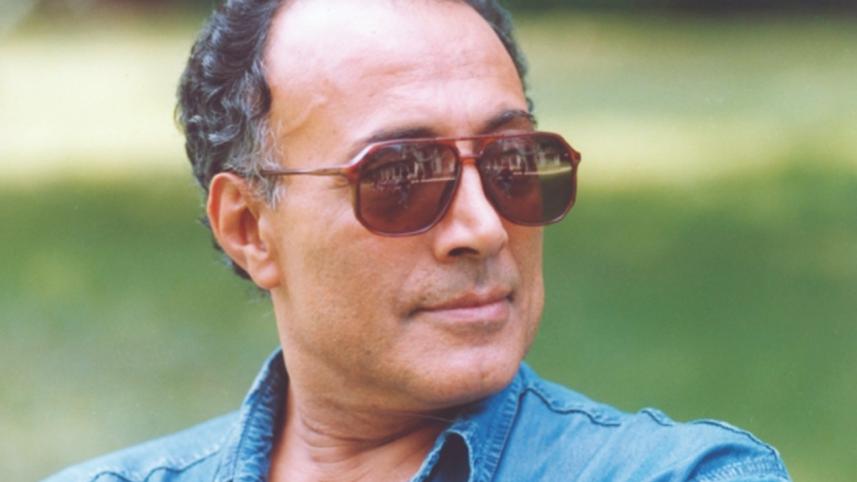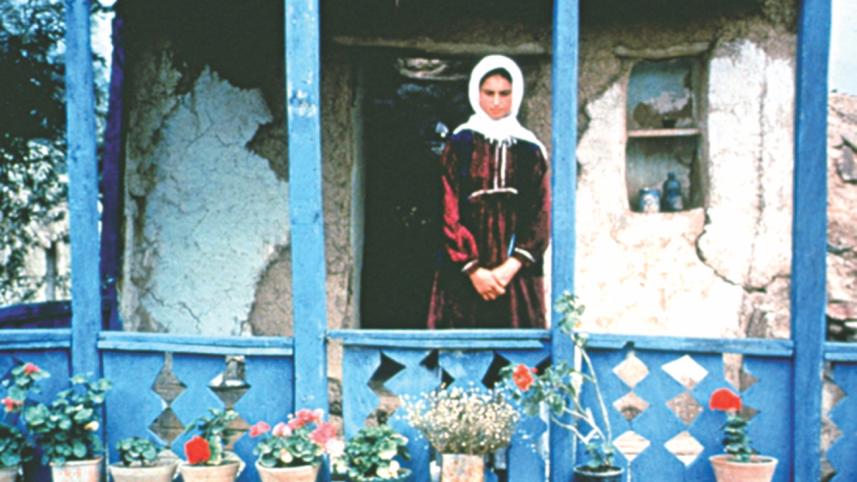Abbas Kiarostami's demise Vacuum in the film world

The lines between truth and fiction are ambiguous in Abbas Kiarostami's cinematic works. A prolific film career that began in the 1970s, Kiarostami is not only one of the key figures in the Iranian New Wave; his cinematic style has a unique blend of elements that single him out as an individual of his own invention. Born on 22nd June 1940, Kiarostami had been involved in over forty films, and his death at the age of 76 on 4th July following a battle with a difficult illness since March, has been a sad shock to filmmakers and movie aficionados all over the world.
His first film in 1970, “The Bread and Alley,” marked his archetypal protagonist - the ten minute sequence that was filmed over forty days, depicted the struggle of a young boy walking home with a loaf of bread, when he is suddenly confronted by a hungry dog. His use of child protagonists reflects the independent nature of his films, where the actors' performances determine the script-writing process and the direction of the narrative. “Children are very strong and independent characters and come up with more interesting things than Marlon Brando,” the director had said, “and it's very difficult to direct or order them to do something.” The use of children also emphasizes the complexity of life as they are forced to deal with the real world and its challenges.
Kiarostami's intriguing films owe their success to the filming process behind the scenes. In “Ten,” the director was absent during much of the filming. Many scenes were shot from inside a moving car, with a camera placed on the dashboard. The scenes then unfold as the actors interact with each other, every little nuance of expressions captured on camera. This style of filmmaking has been aptly described as “evidence” by the director, refraining from labeling his films as documentaries or works of imagination – presenting profoundly the duality of life and the complexity of existence. As Kiarostami has said, “We can never get close to the truth except through lying.”

Ten essential films that mark different points of Kiarostami's career, and the evolution of his filmmaking are "The Traveler” (1974), “The Report” (1977). “Where is the Friend's Home?” (1987), “Close Up” (1990), “Life, and Nothing More…” (1991), “Through the Olive Trees” (1994), “Taste of Cherry” (1997), “The Wind Will Carry Us,” (1999), “Ten” (2002), “Certified Copy” (2010).



 For all latest news, follow The Daily Star's Google News channel.
For all latest news, follow The Daily Star's Google News channel.
Comments